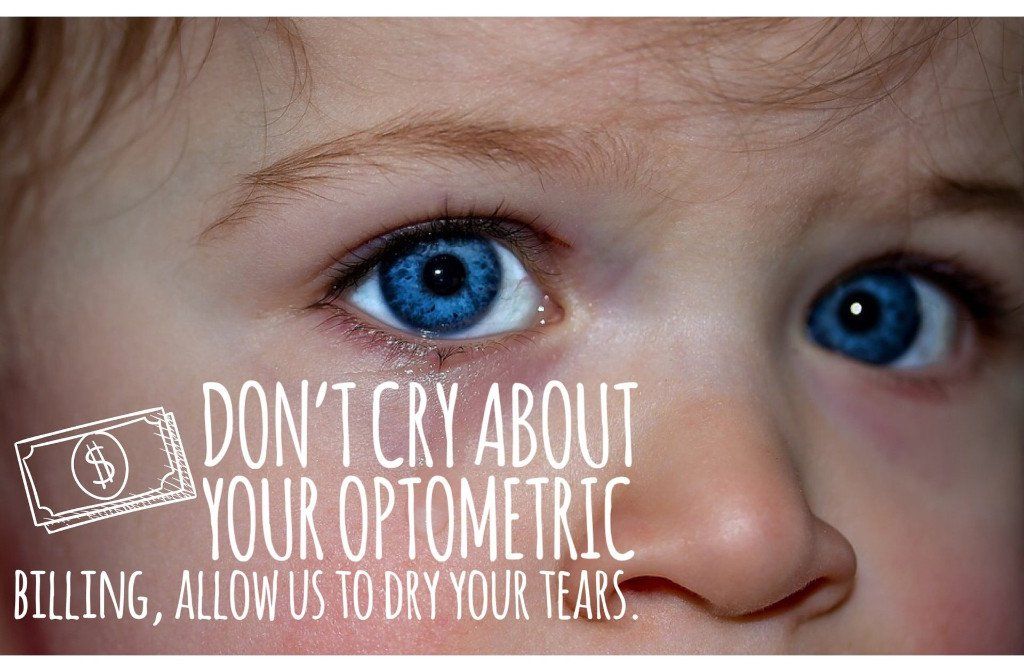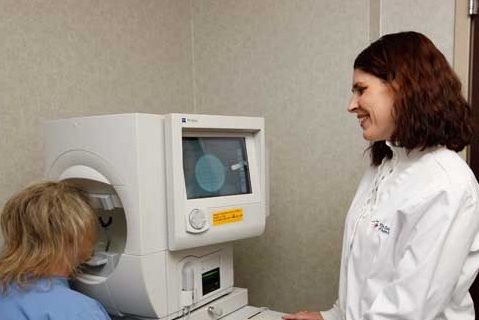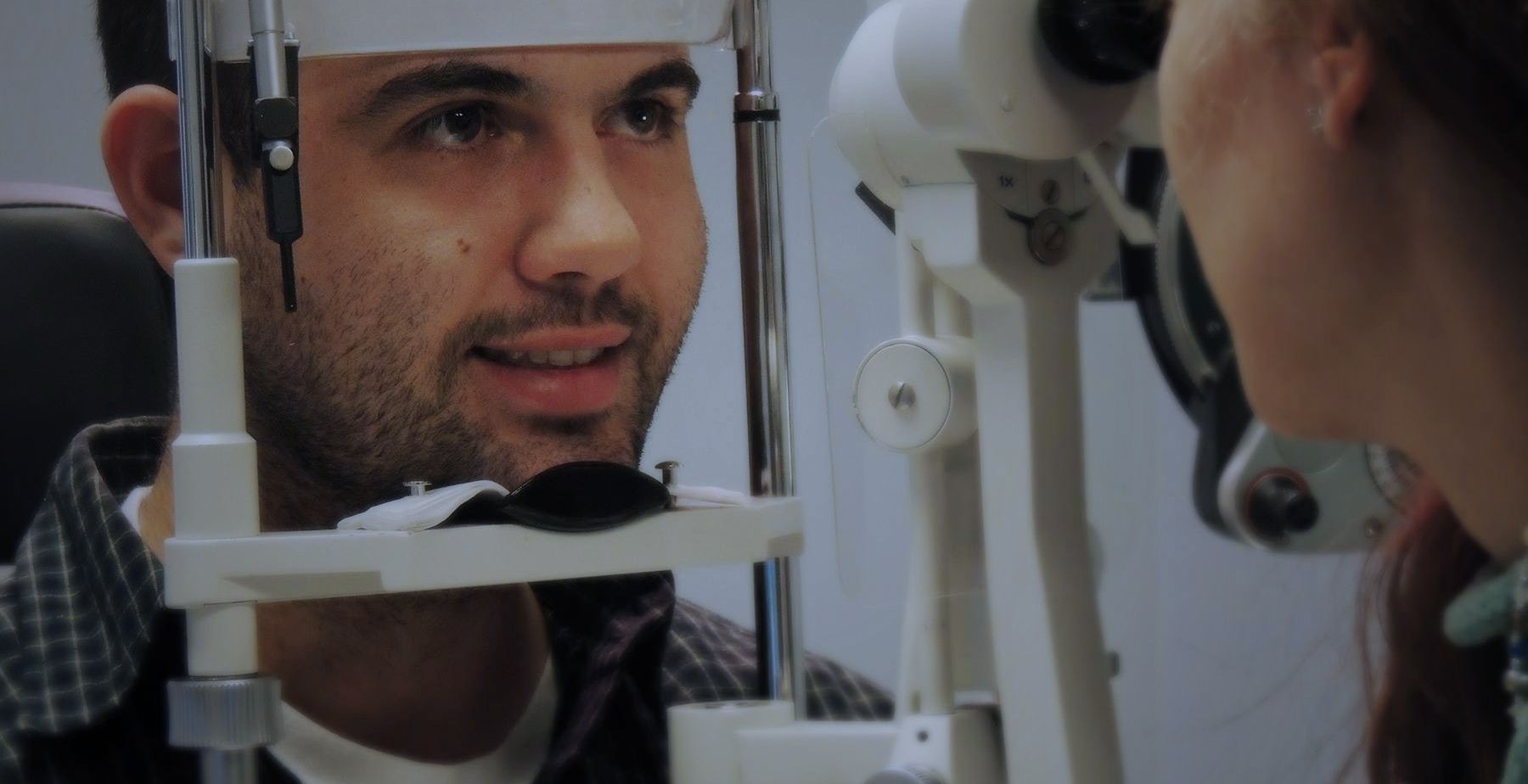When performing routine eye exams on Aetna Patients it is a good idea to get in the habit of using
Z01.00 OR Z01.01 as your diagnosis code INSTEAD of a code beginning with "H52". This is because many of Aetna's plans actually are set up to pay for routine eye exams but ONLY if the primary diagnosis is = Z01.00 OR Z01.01.
Blog Post
Some things to look for when seeking Optometric billing services
- By Blog Owner
- •
- 04 Apr, 2017
- •
Whenever a new client calls me they always ask me the same thing: " do you follow up with claims?"

Even though my answer is always "Of course", it struck me that some serious "fake news" has transpired over the last few years regarding optometric billing, nay, medical billing as a whole and I think it's time to set the record straight. So here are some marketing tag lines that you should be aware of and watch out for when shopping for a reputable company to provide you with optometric billing services
"Claim filing & follow-up, insurance payment posting, unpaid claim analysis, AR review."
This is the absolute, hands-down, most-common advertisement in the industry. It isn't that this isn't a true claim but the fact is that these are the most common functions of any billing department-whether that be in your office or if you outsource. In fact, chances are that if you're looking for help with you billing it's because the above functions are not adequately being met for your office and so you're searching for someone to do this for you.
Now here is the skinny about outsourcing these services. As with EVERYTHING in this life, "you get what you pay for". Those above services aren't cheap to perform. In fact, CLAIM FOLLOWUP is time consuming and therefore down-right expensive to perform ( think a whole staff of people making $X per hour to do the same thing for multiple clients). Therefore, if the service you are looking at hiring offers these services but is quoting you an "amazingly low price" then I can prove to you, IN EVERY CASE, that they are not, nor WILL THEY EVER be able to perform these core functions for you adequately. In fact, you WILL loose money if you hire this company to perform these services for you.
Now here is the skinny about outsourcing these services. As with EVERYTHING in this life, "you get what you pay for". Those above services aren't cheap to perform. In fact, CLAIM FOLLOWUP is time consuming and therefore down-right expensive to perform ( think a whole staff of people making $X per hour to do the same thing for multiple clients). Therefore, if the service you are looking at hiring offers these services but is quoting you an "amazingly low price" then I can prove to you, IN EVERY CASE, that they are not, nor WILL THEY EVER be able to perform these core functions for you adequately. In fact, you WILL loose money if you hire this company to perform these services for you.
"We charge a percentage of collections and a start-up fee. Our optometry billing services fee is x% with a start-up fee of $x.xx. There is a monthly minimum of $x.xx."
First off, a monthly minimum? So, if you're a small practice that only produces say 50 claims per month you HAVE TO PAY AT LEAST as much as the guy producing 500 claims per month? Secondly, the same percentage FOR EVERYONE? So if your practice generates $2,000,000.00 worth of transactions per year for me you still should pay the same percentage as the guy that only send me $300,000.00 worth of transactions?!?!?!
Look, billing is not a "one size fits all" solution. Each office is unique. Each office has different needs and each office deserves to be charged BASED ON THE LABOR they receive from their billing service. Trying shove everyone into the same bucket for the sake of "simplicity" is as unfair to your practice as it is for you to try and fit every patient with the EXACT SAME CONTACT LENSES...it will never work.
Look, billing is not a "one size fits all" solution. Each office is unique. Each office has different needs and each office deserves to be charged BASED ON THE LABOR they receive from their billing service. Trying shove everyone into the same bucket for the sake of "simplicity" is as unfair to your practice as it is for you to try and fit every patient with the EXACT SAME CONTACT LENSES...it will never work.
"Increase your revenue by outsourcing your billing to the leading ..."
This one kind of goes without saying, you are NOT going to increase your revenue simply by outsourcing; there's A LOT that goes into that. Also, everyone believes they are the best. That person owns the best billing company and you own the best optometric practice...you get the point. If a company has to tell you they are "THE BEST" or "THE LEADING"...chances are, they're not. A good company will advertise facts. They may claim that they are "one of the best" or "a leading service" but YOU AND YOU ALONE should decide whether or not they are "THE BEST" and frankly, anyone asking you to give them your money should give you ample time to make that decision, not just shove it down your throat.
"We ONLY charge x% of what you collect..."
This one is fraught with danger. In fact, this is rapidly growing in the industry as a way of, again, creating parity and simplicity by putting every practice into buckets. It's similar to socialism. When everyone pays the same rate but doesn't receive the same amount of service, then those that pay more for less are helping to fund the work being performed for those that pay less for more. Even worse, this new method of vaguely charging a percentage of "what you collect" should be scrutinized extra closely. Over the last couple of years, companies have begun charging small percentages (5% is common) OF YOUR ENTIRE PRACTICE COLLECTIONS, not just what you collect from insurance. This means that in order for that company to do your billing for say, medical insurance only, you are agreeing to hand over 5% (or less or MORE) of EVERY DOLLAR that hits your cash drawer each day...how is that fair? Why would you even be willing to do that?
"We offer expertise in Vision and Medical billing..."
Yes, it is possible to perform billing of claims to vision companies. But it is HIGHLY irregular. Also, it doesn't require much expertise. Even though I am not a fan of vision insurance companies as a whole, I am willing to give them credit for making it easy for even the newest person on your staff to enter a vision claim when ordering frames and lenses for a patient. In fact, every office that pays me to do their billing only asks me to reconcile their vision claims to make sure they were paid, etc. They would NEVER put out the money to have me bill them as well (unless that practice has their own lab and makes the majority of their glasses in-house) . It is a loosing proposition for the practice and something you should always realize is just an advertising gimmick aimed at sucking you in to more lucrative services; and, just like having someone tell you they are the greatest, it usually means they aren't that great to begin with.
So, what should you be looking for when shopping for an optometric billing service? Well, surprisingly, it doesn't need to be that difficult. Here are some good questions you can ask and things you can look for as well:
Get multiple quotes from companies. If you are searching on the web, get quotes from the companies that pop up on the first page of google searches. Answer their questions, assuming they have them, and then get a WRITTEN QUOTE and compare the quotes before making your decision. The most detailed quote is usually the best quote because that person probably took the time necessary to understand your practice and give you his best possible estimate as to what he thinks it will take to accomplish your goals.
Ask the company about "collection percentage". You would be surprised at how many of them don't even know what this is. It's not a hard formula to follow but if that company can PROVE to your that their clients have collection percentages of at least 73% then you know you are at least shopping from someone that can achieve similar results to what your staff is currently producing. However, 83% is above average and 93% is, statistically, as close as you will ever get to receiving 100% of the payments owed to you on your insurance claims.
DON'T ask the company for referrals. Not that referrals are necessarily a bad thing, however, referrals usually amount to nothing more than a company's best clients who have agreed to speak highly of the services they receive. Would you have your worst patients refer you new business? Instead, do your own due diligence. Check the web for articles and complaints about the company and give the company a chance to answer questions you have about those complaints. Remember, once you are on the web you are never off so chances are if you find something out there that looks suspicious, it is a far better indicator of who you are dealing with than a simple reference because you CAN'T delete negative comments from the web...no matter what someone tells you.
So, what should you be looking for when shopping for an optometric billing service? Well, surprisingly, it doesn't need to be that difficult. Here are some good questions you can ask and things you can look for as well:
Get multiple quotes from companies. If you are searching on the web, get quotes from the companies that pop up on the first page of google searches. Answer their questions, assuming they have them, and then get a WRITTEN QUOTE and compare the quotes before making your decision. The most detailed quote is usually the best quote because that person probably took the time necessary to understand your practice and give you his best possible estimate as to what he thinks it will take to accomplish your goals.
Ask the company about "collection percentage". You would be surprised at how many of them don't even know what this is. It's not a hard formula to follow but if that company can PROVE to your that their clients have collection percentages of at least 73% then you know you are at least shopping from someone that can achieve similar results to what your staff is currently producing. However, 83% is above average and 93% is, statistically, as close as you will ever get to receiving 100% of the payments owed to you on your insurance claims.
DON'T ask the company for referrals. Not that referrals are necessarily a bad thing, however, referrals usually amount to nothing more than a company's best clients who have agreed to speak highly of the services they receive. Would you have your worst patients refer you new business? Instead, do your own due diligence. Check the web for articles and complaints about the company and give the company a chance to answer questions you have about those complaints. Remember, once you are on the web you are never off so chances are if you find something out there that looks suspicious, it is a far better indicator of who you are dealing with than a simple reference because you CAN'T delete negative comments from the web...no matter what someone tells you.
READ THE CONTRACT BEFORE YOU SIGN!
After you decide to hire a company, make sure to read the contract and understand it. Contracts are not bad things. They are there for the protection of both parties, at least they should be. If the contract is full of legal terms and weird definitions then chances are that company has something to hide. Just like you put out a sign at your front desk CLEARLY asking patients to pay at the time services are rendered, your billing service should CLEARLY define what it is they want out of the relationship as well.
Share
Tweet
Share
Mail








